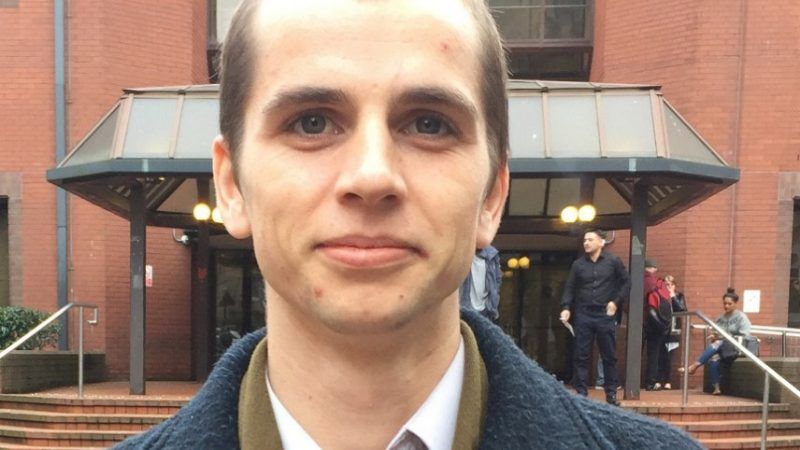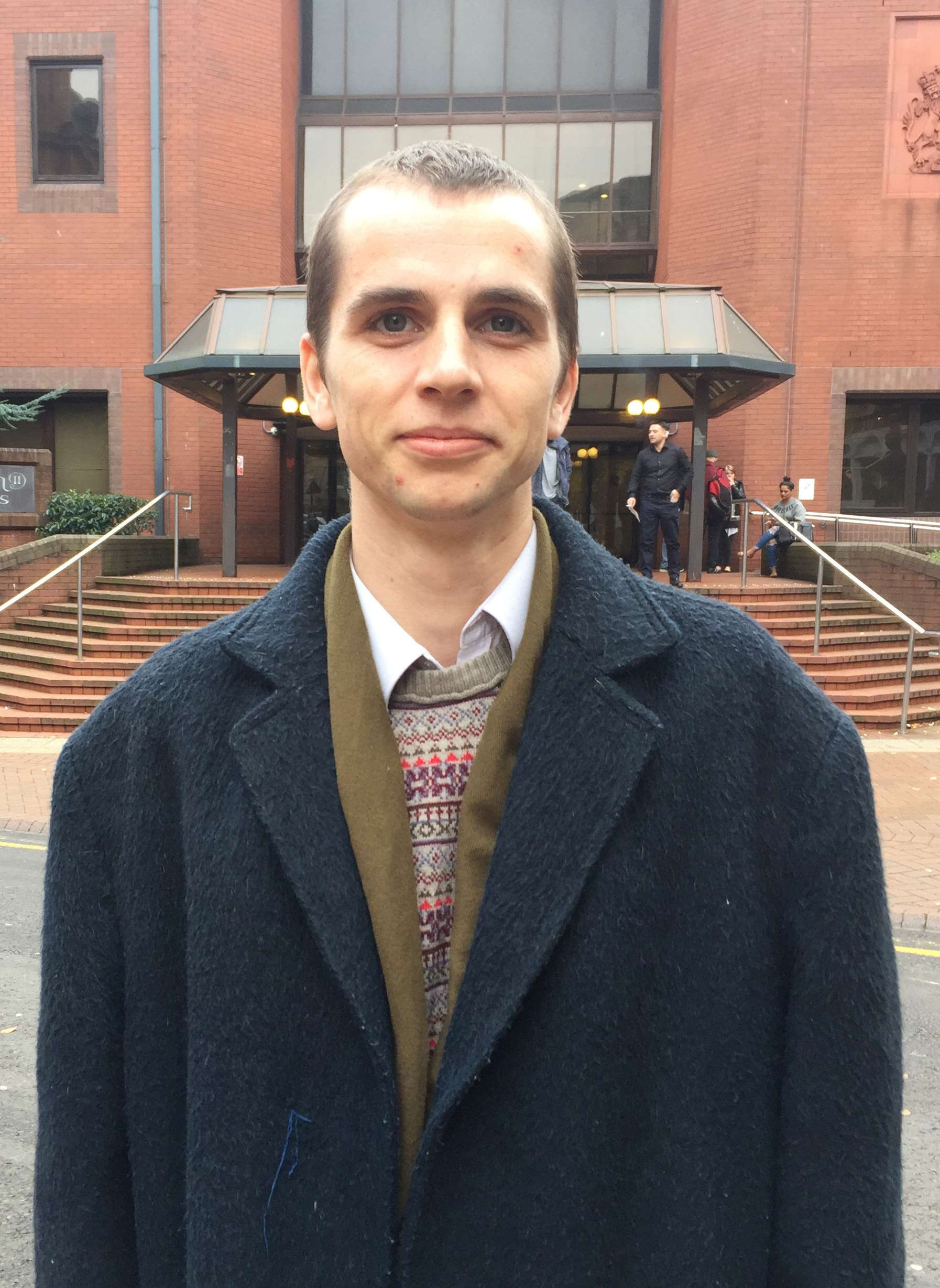U.K. Anti-Terror Censorship Law Stupidly Used Against Guy Who Fights Terrorism
Nevertheless, officials want to see the law expanded.


Prosecutors in the United Kingdom didn't think Josh Walker was an actual terrorist. But they treated him as if he were one anyway, because of a book they found in his bedroom.
Fortunately, they failed. But the case, highlighted at The Intercept, details some of the terrible consequences of trying to criminalize dangerous thoughts or ideas rather than actions.
Walker was prosecuted for downloading and having in his possession a copy of The Anarchist Cookbook, an infamous guide to homemade explosives (and other tools for lawbreaking) that was first published in 1971.
Walker wasn't plotting a terrorist attack. He was, in fact, doing the opposite. According to The Intercept and the court case, he was using the book as a reference material for a terror crisis management simulation at a college.
The United Kingdom does not have the same broad First Amendment freedom of speech protections that Americans have. The Terrorism Act of 2000 in Section 58 criminalizes the ownership of "information of a kind likely to be useful to a person committing or preparing an act of terrorism." There is a defense that a person has a "reasonable excuse" for having the material, and that's what Walker had to lean on during the trial.
The whole thing seemed particularly absurd because Walker had returned to the United Kingdom from Syria, where he was helping a Kurdish militia fight the Islamic State. I wasn't kidding when I said he was the opposite of a terrorist. And prosecutors knew that.
From The Intercept:
As the case moved forward, the prosecution acknowledged that Walker was not suspected of plotting any kind of terrorist atrocity. The government was instead arguing that his mere possession of the book was a violation of the Terrorism Act's Section 58 because it contained information that could have been useful to a terrorist if discovered. The book is freely available to anyone on the internet, and versions of it can even be purchased on Amazon. Regardless, prosecution lawyer Robin Sellers said it was possible a "radicalized" person could find Walker's copy of the book and use it to prepare an attack.
The prosecution's argument seemed bizarre and without precedent. People in the U.K. have been prosecuted before under the Terrorism Act for possessing the "Anarchist Cookbook," but usually the defendants have been involved in some other kind of nefarious activity as well. In 2010, for example, a member of a violent neo-Nazi group called the "Wolf Pack" was convicted of a terrorism offense for possessing the book. He was linked, through his father, to a plot to overthrow the government and poison people. In another case, in 2011, a man was sentenced to three years in prison for selling the "Cookbook" and Al Qaeda training manuals, pocketing $113,000 in the process. Walker's case was different: He was being prosecuted solely because he downloaded and stored a copy of the book.
Fortunately for Walker, the jury also found the prosecution's argument bizarre. Last week they found him not guilty.
Despite the absurdity of this prosecution, the U.K.'s home secretary (essentially the equivalent of the head of America's Department of Homeland Security) actually wants to expand this anti-terror censorship law.
Section 58 doesn't currently cover viewing or reading content online. So this month Secretary Amber Rudd said she wants to expand the law's reach to cover people who view "terrorist content online, including jihadi websites, far-right propaganda and bomb-making instructions." (If you'd like to know how the U.K. government would be able to know what you've been viewing online, they've covered that with the Investigatory Powers Act that went into effect at the start of the year.)
Rudd says that the "reasonable excuse" exemption will remain for people such as journalists and academics who write about ideas the government has classified as "extremist." But even when prosecutors acknowledged that Walker was not a terrorist, they still put him on trial.
This law is obviously open to prosecutorial abuse already. That's a good reason not to give the government the power to punish yet more speech, as if the speech itself is some sort of magic spell that causes terrorism just by being read.


Show Comments (20)